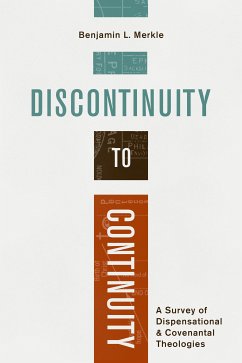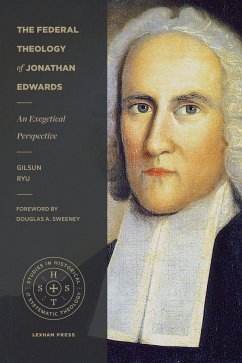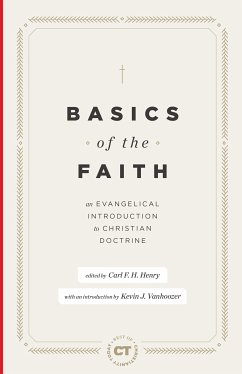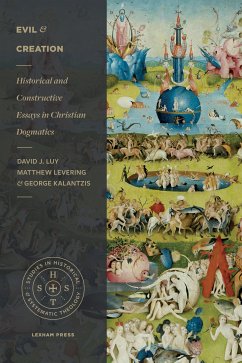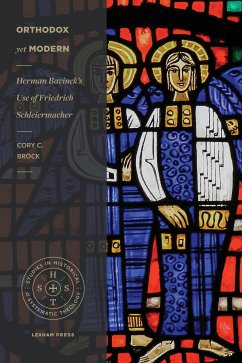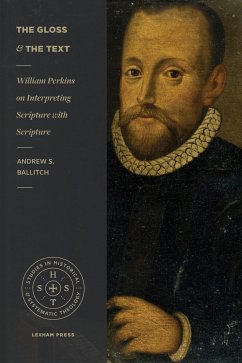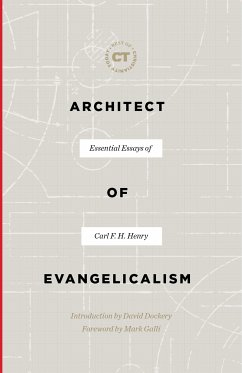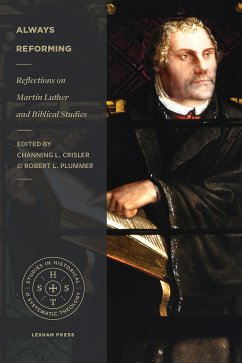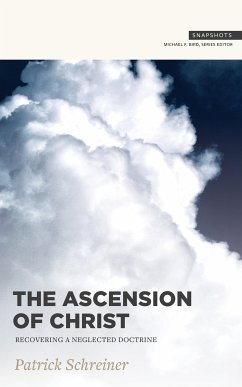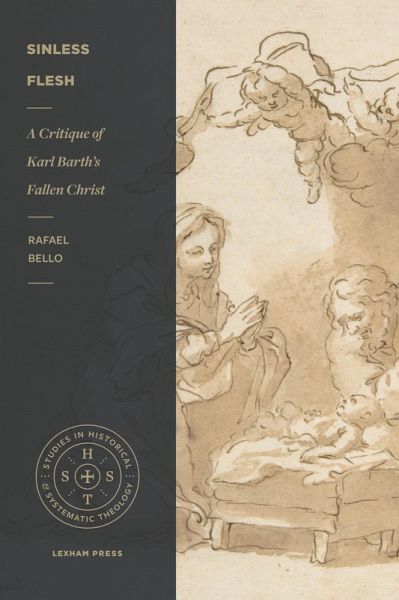
Sinless Flesh (eBook, ePUB)
A Critique of Karl Barth's Fallen Christ

PAYBACK Punkte
4 °P sammeln!
Did Christ assume a fallen human nature? "What is not assumed is not healed." So goes the Chalcedonian maxim articulated by Gregory of Nazianzus regarding the nature and extent of Christ's work in assuming a human nature. But what is the nature of that assumption? If Christ is to stand in solidarity with us, must he have assumed not merely a human nature, but specifically a fallen human nature? In Sinless Flesh: A Critique of Karl Barth's Fallen Christ, Rafael Bello argues against the assertion made by Karl Barth, T. F. Torrance, and those who follow them that Christ assumed a fallen nature. T...
Did Christ assume a fallen human nature? "What is not assumed is not healed." So goes the Chalcedonian maxim articulated by Gregory of Nazianzus regarding the nature and extent of Christ's work in assuming a human nature. But what is the nature of that assumption? If Christ is to stand in solidarity with us, must he have assumed not merely a human nature, but specifically a fallen human nature? In Sinless Flesh: A Critique of Karl Barth's Fallen Christ, Rafael Bello argues against the assertion made by Karl Barth, T. F. Torrance, and those who follow them that Christ assumed a fallen nature. Through retrieval of patristic, medieval, and Reformed orthodox theologians, Bello argues that a proper understanding of human nature, trinitarian inseparable operations, and the habitual grace-grace of uniondistinction leads to the conclusion that the assertion that Christ assumed a fallen human nature is at odds with faithful theological and historical understandings of the incarnation. Readers interested in theological retrieval for issues in contemporary theology will find a faithful model and way forward for a thorny issue in modern dogmatics.
Dieser Download kann aus rechtlichen Gründen nur mit Rechnungsadresse in A, B, BG, CY, CZ, D, DK, EW, E, FIN, F, GR, HR, H, IRL, I, LT, L, LR, M, NL, PL, P, R, S, SLO, SK ausgeliefert werden.




